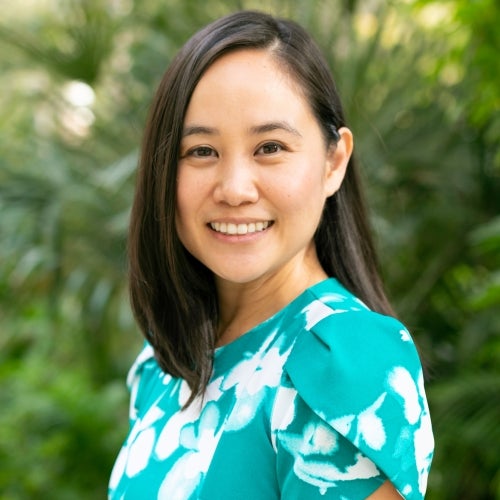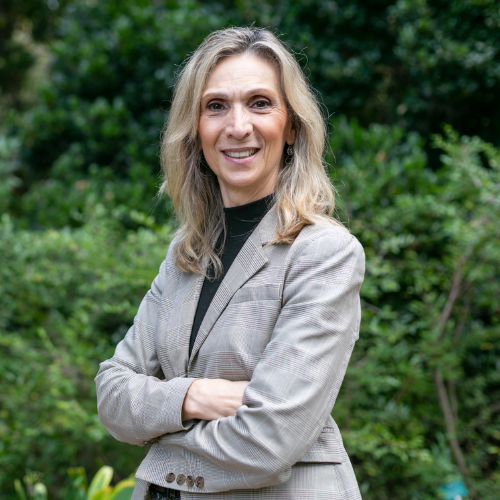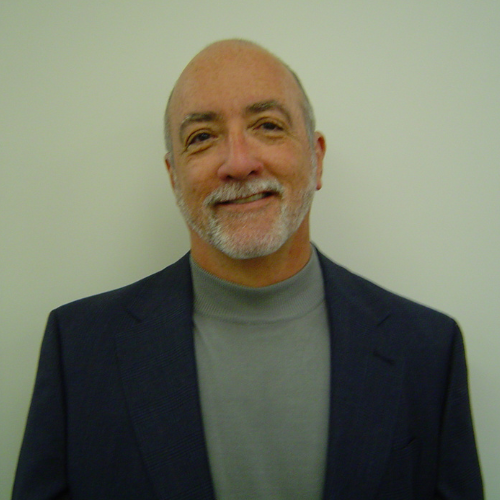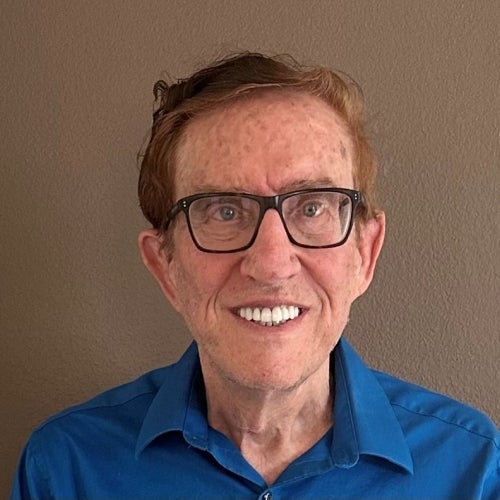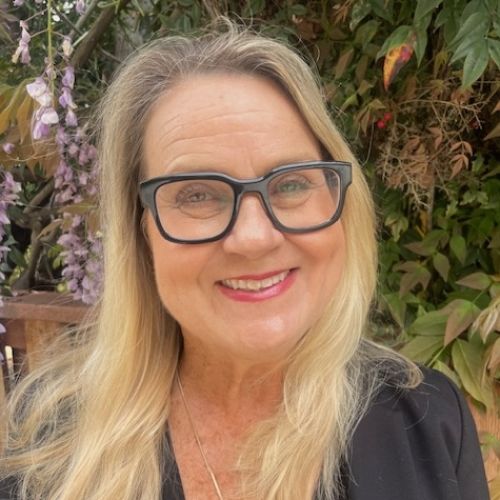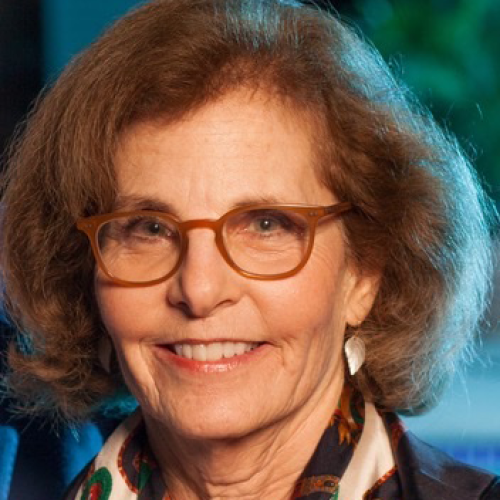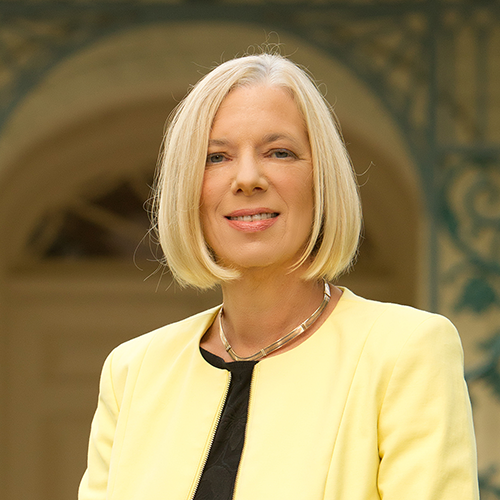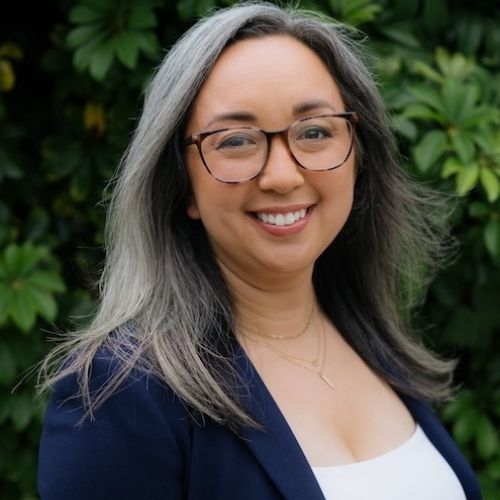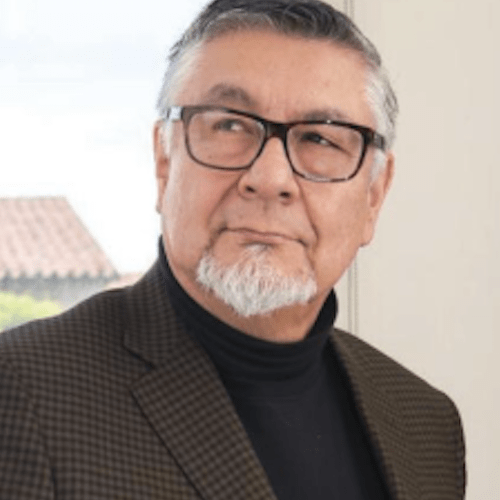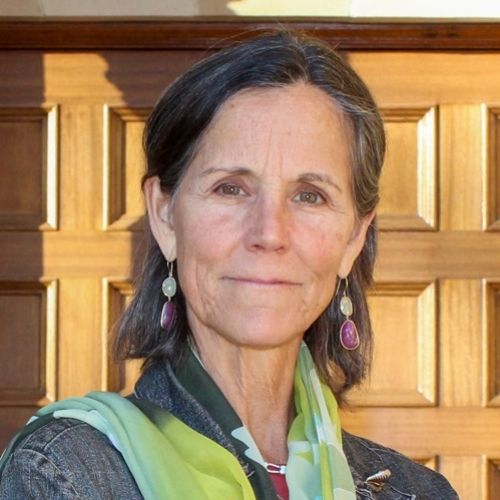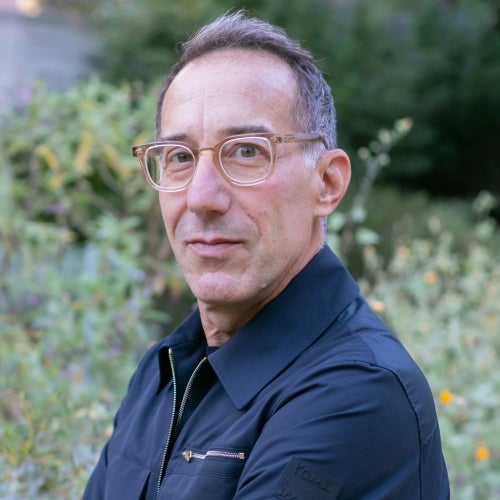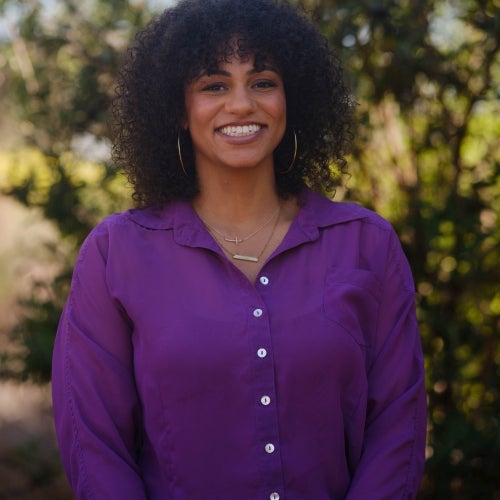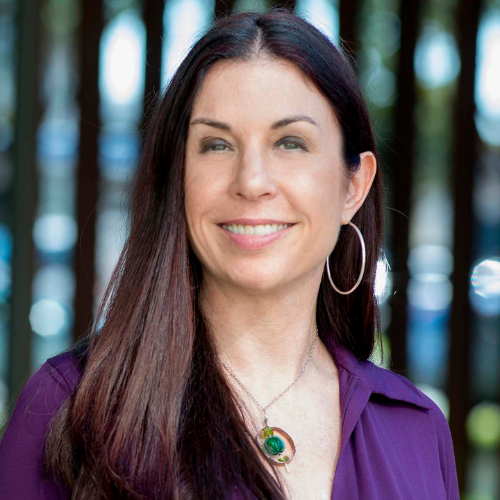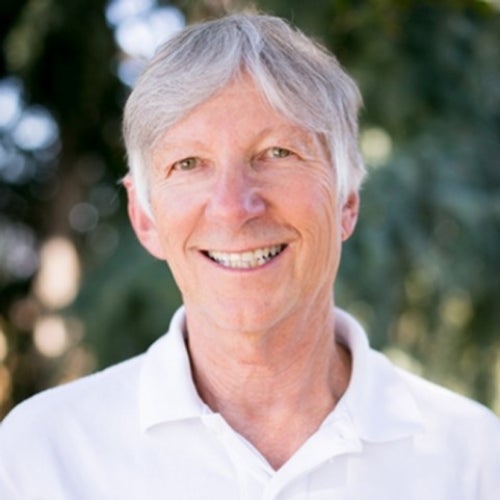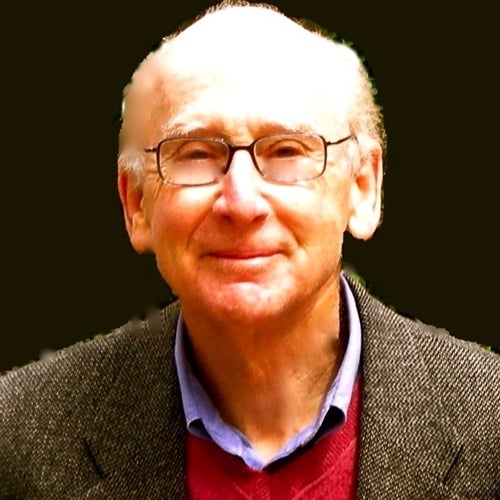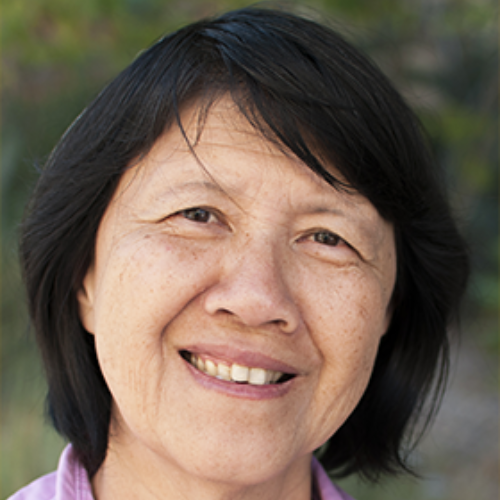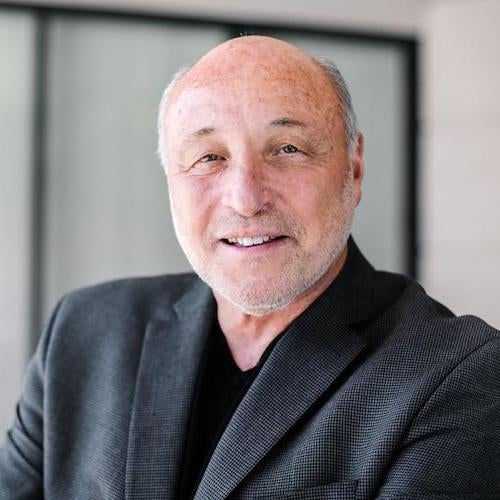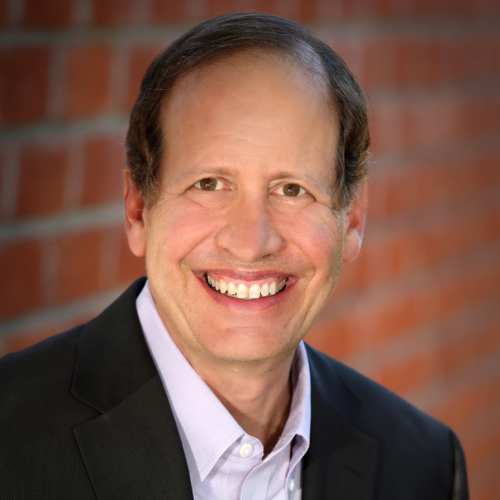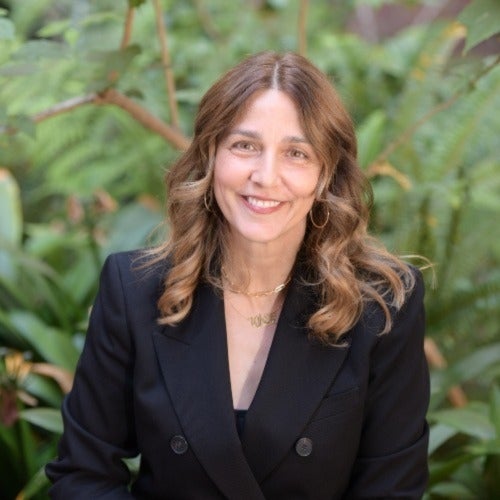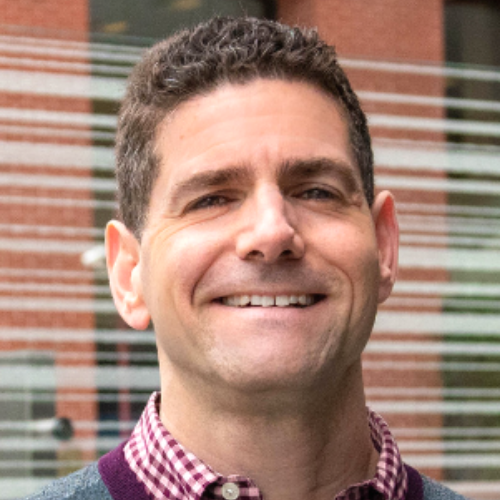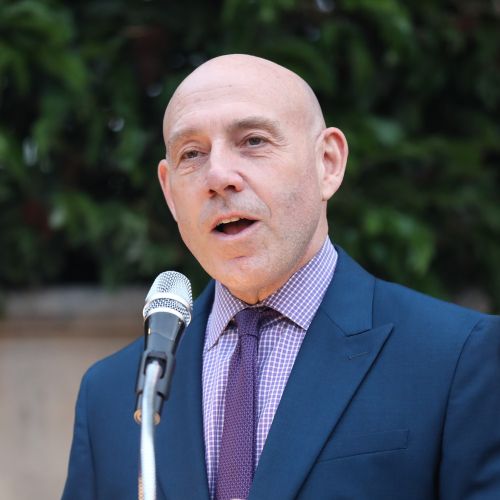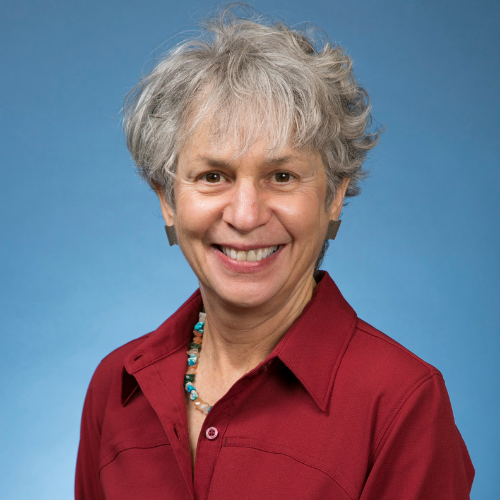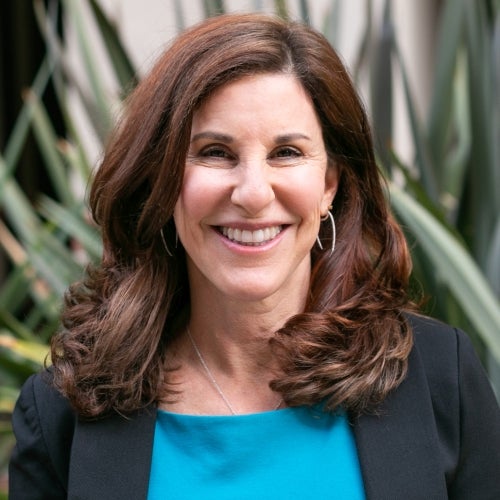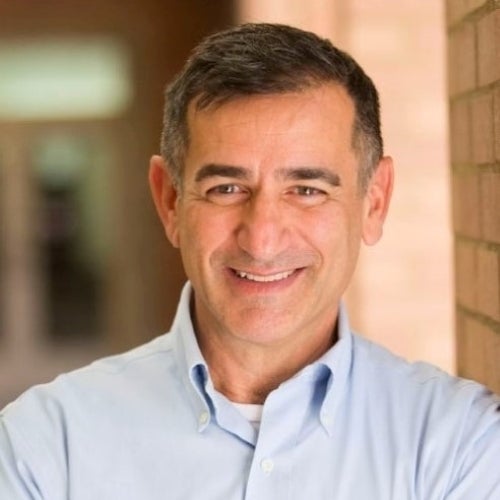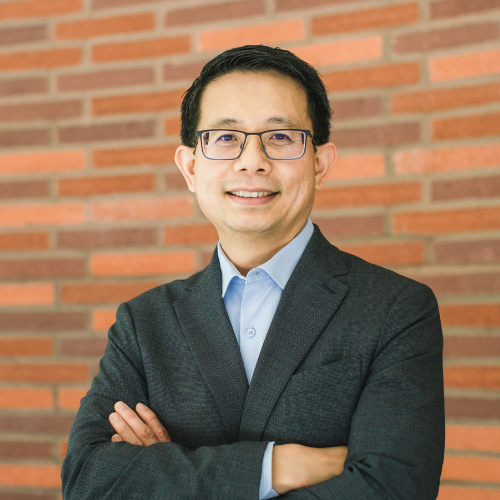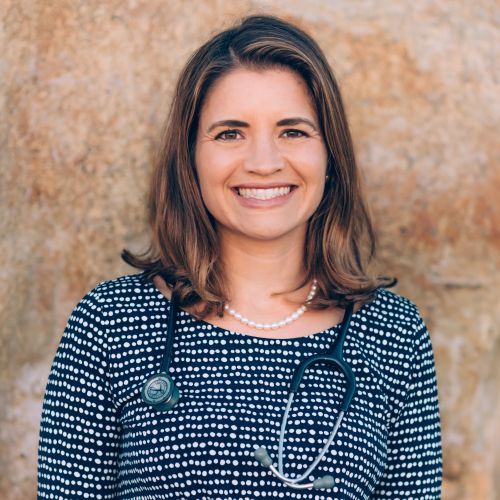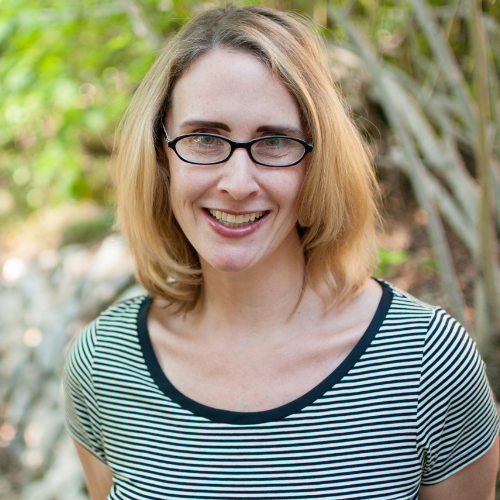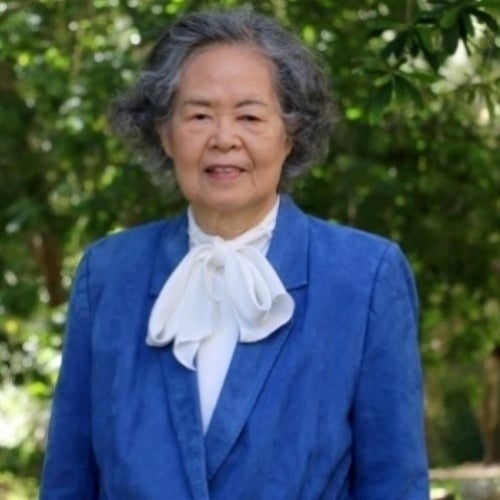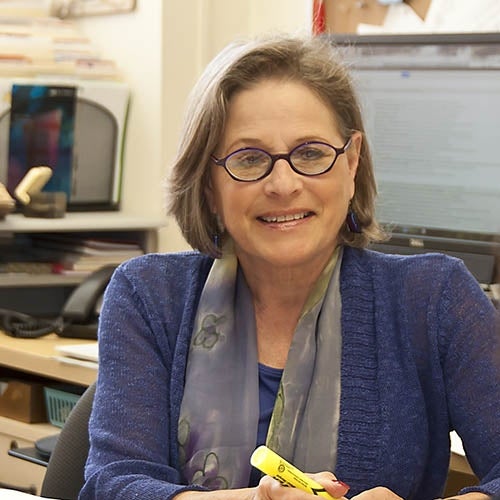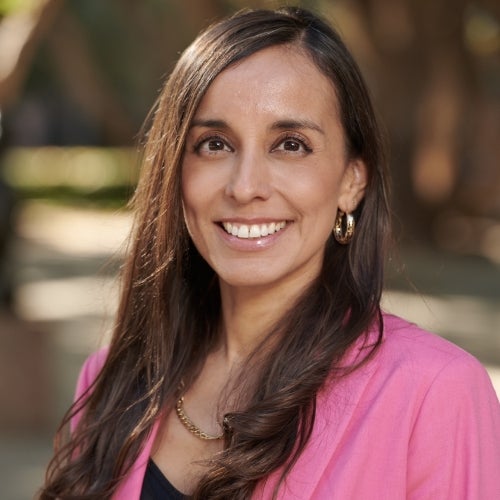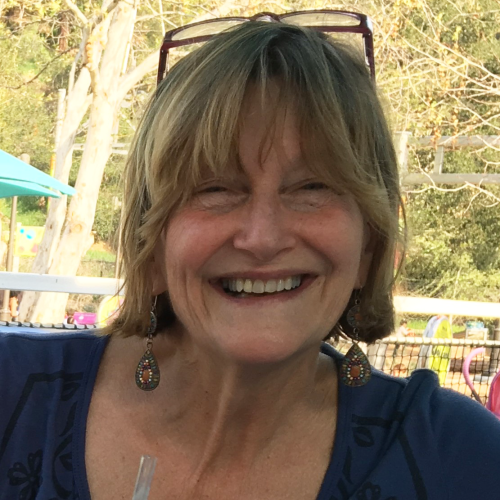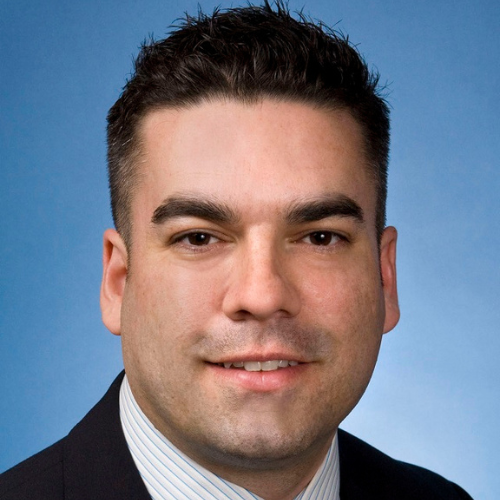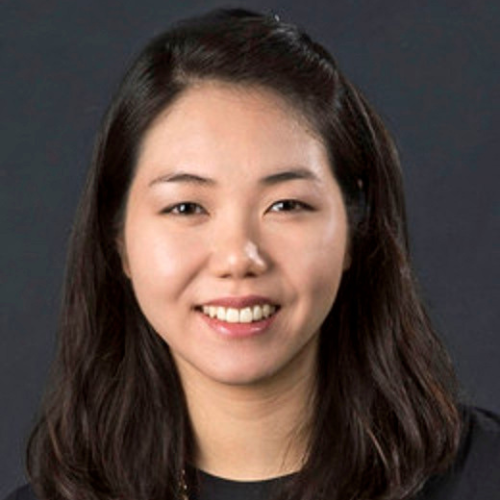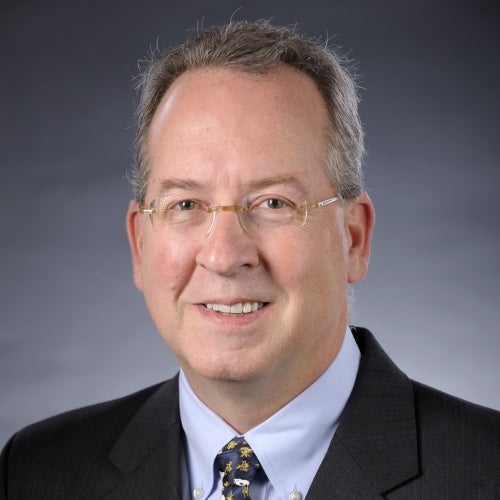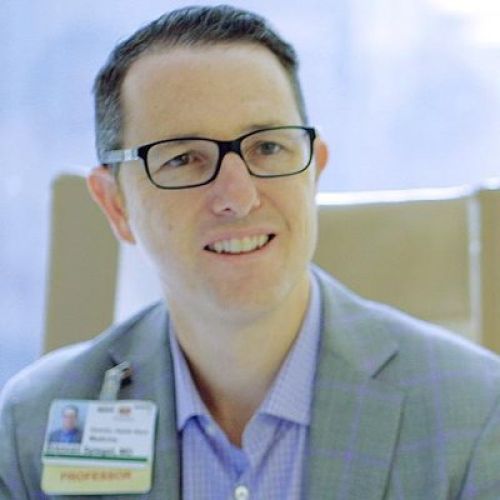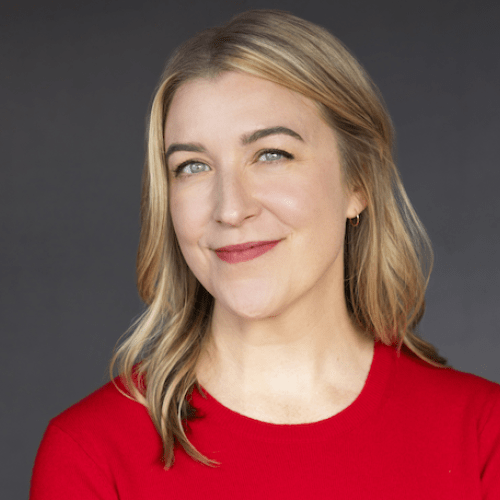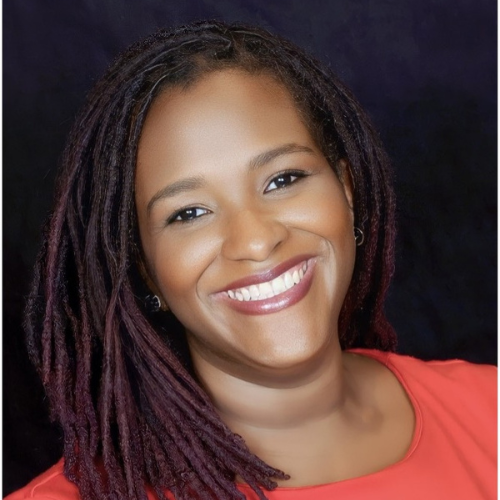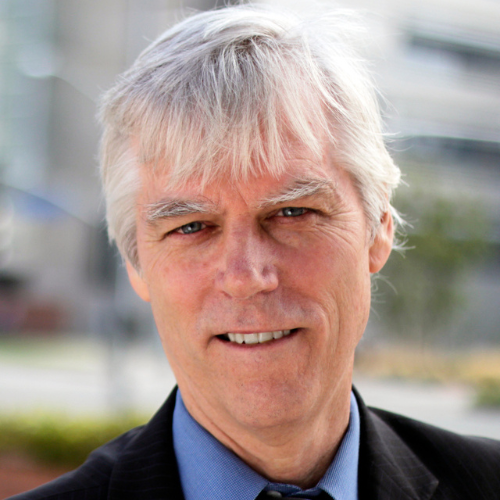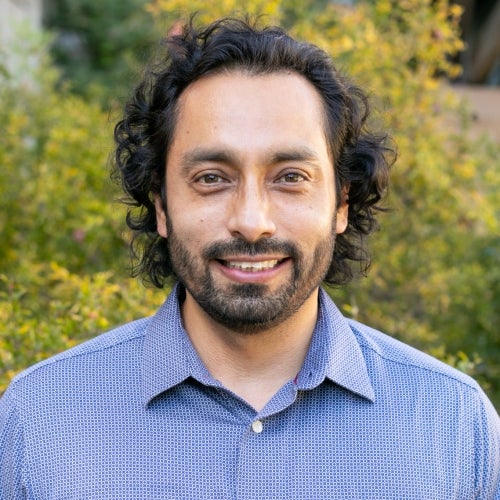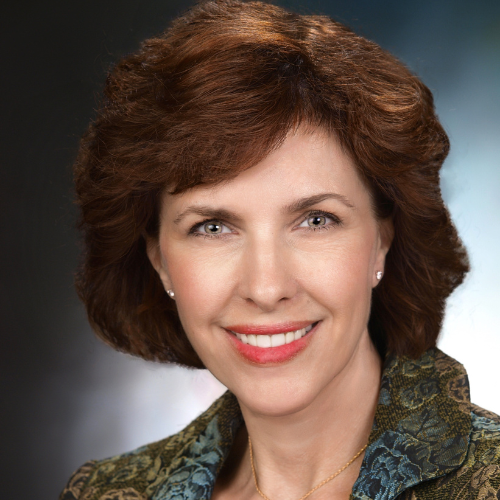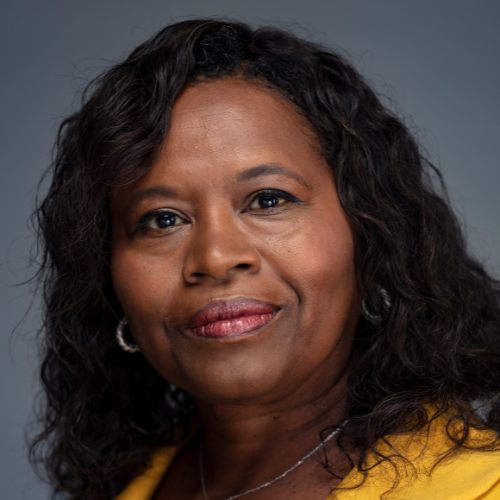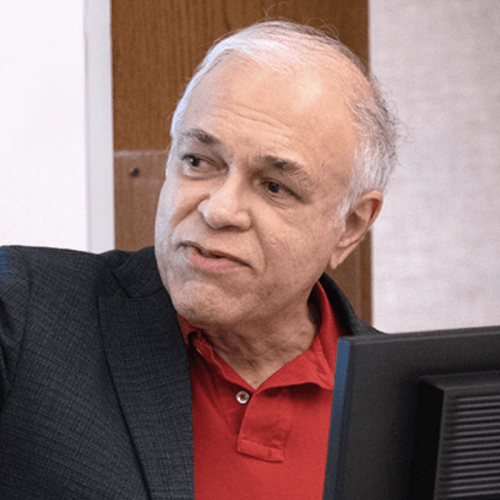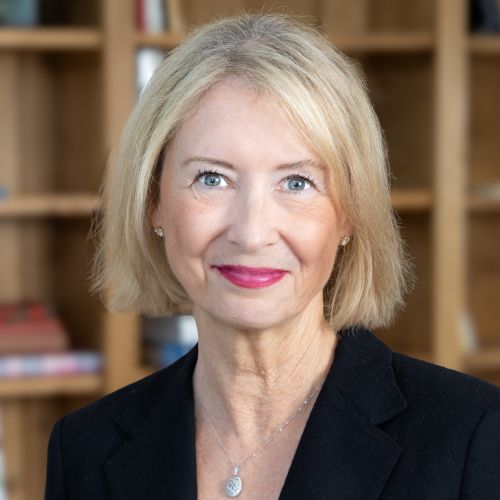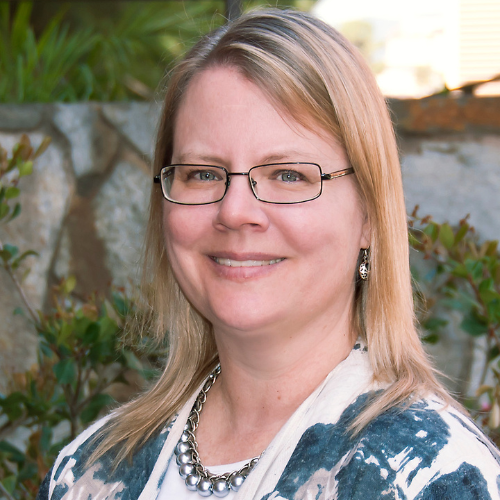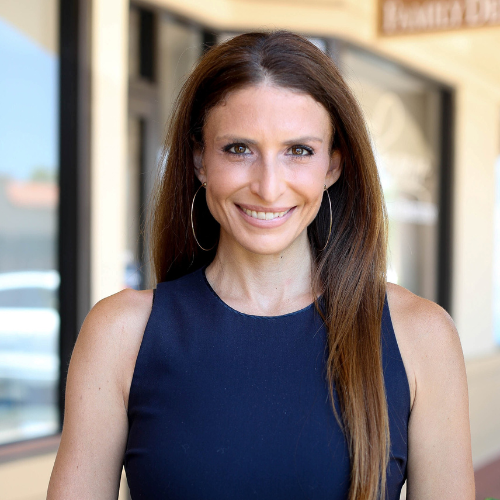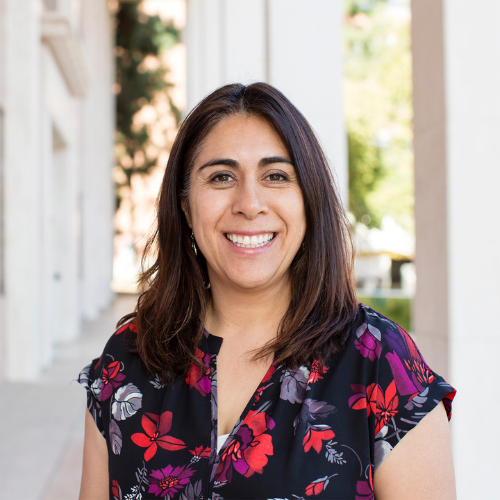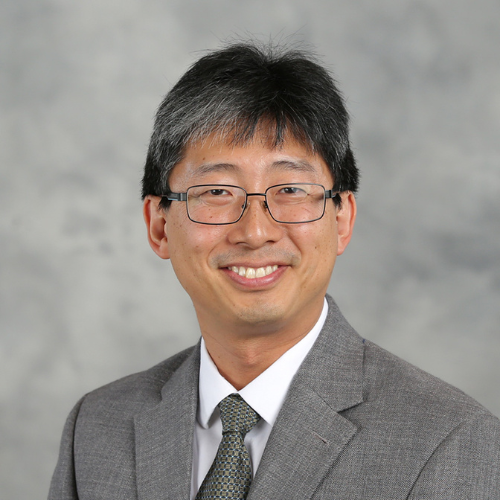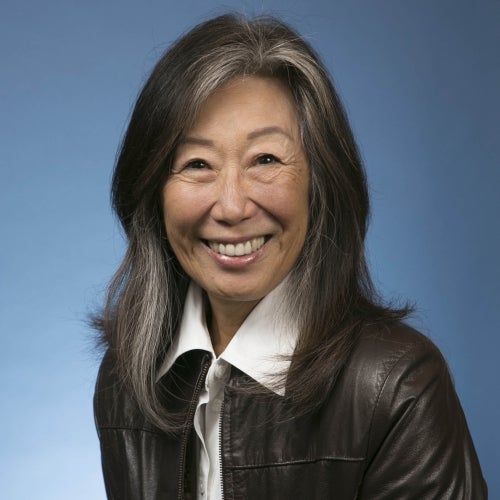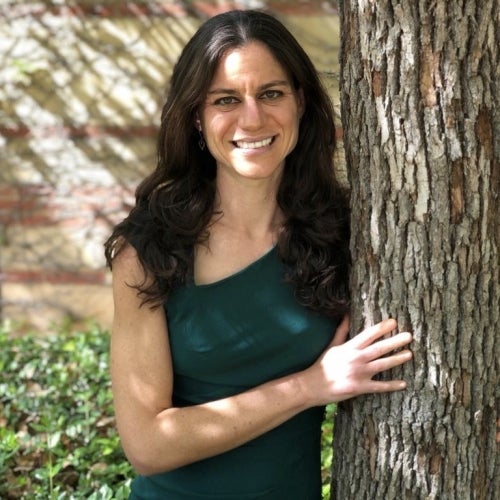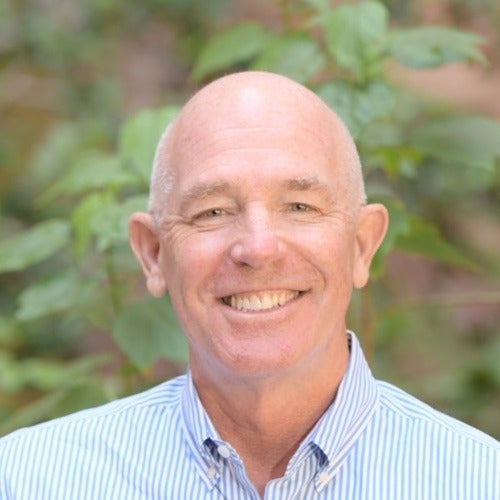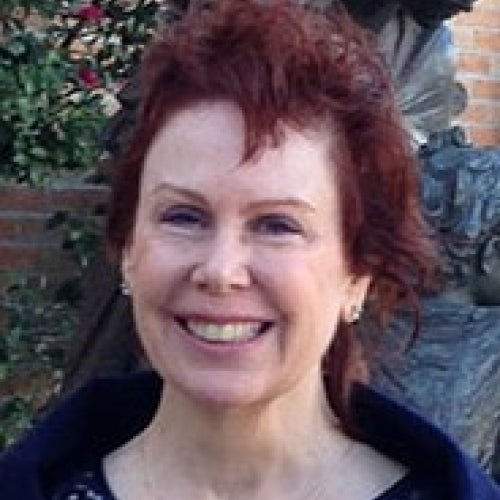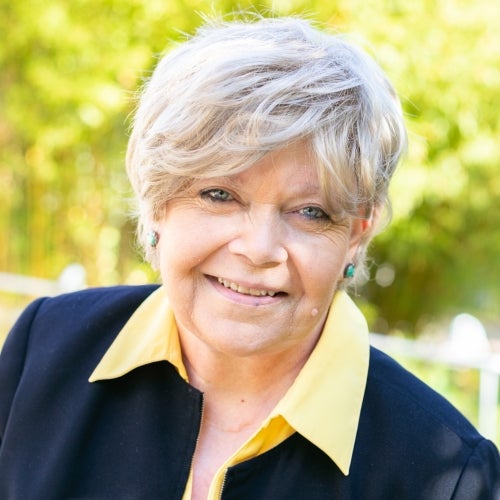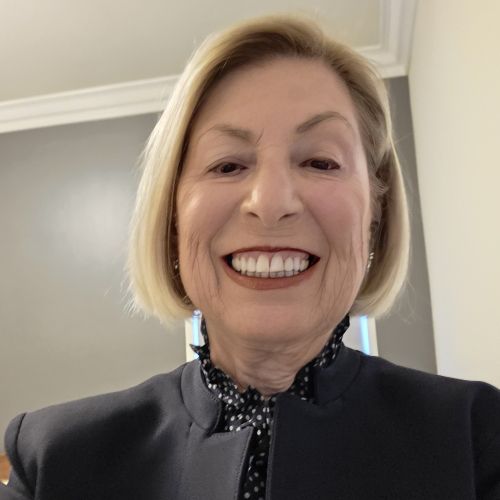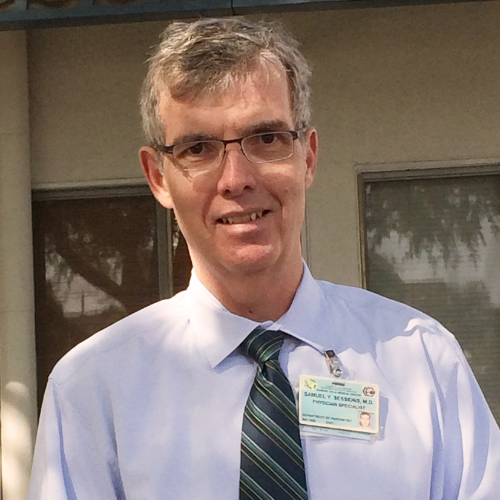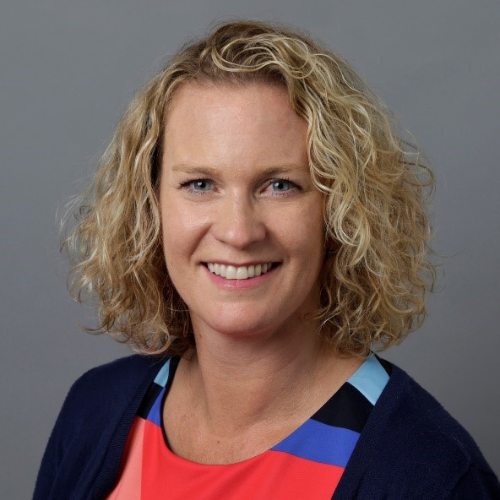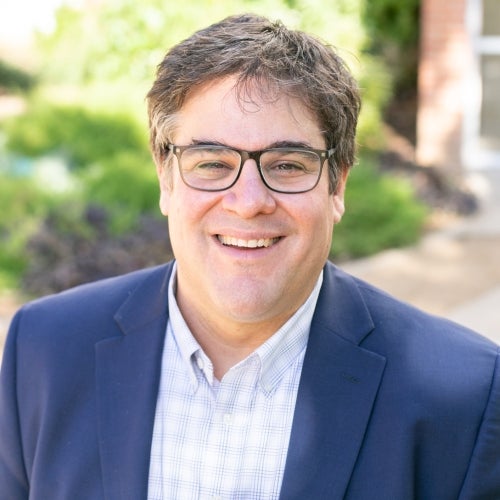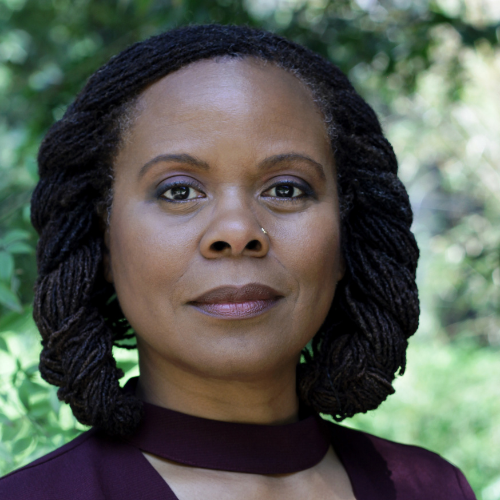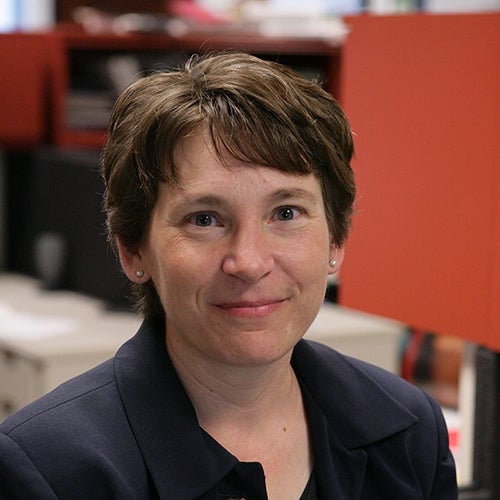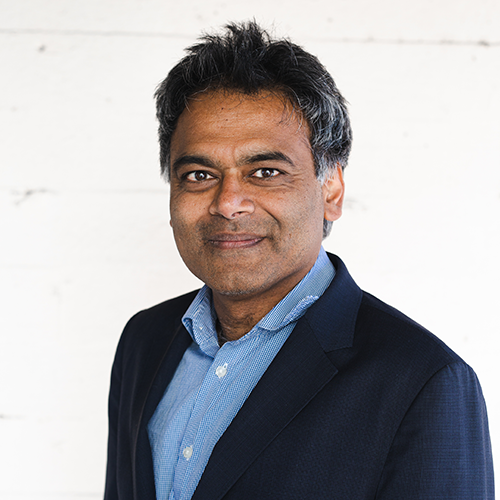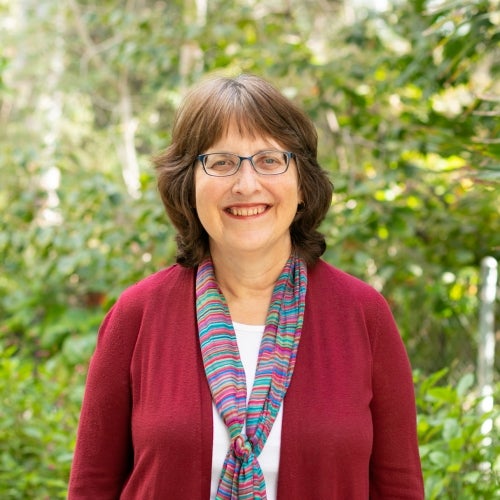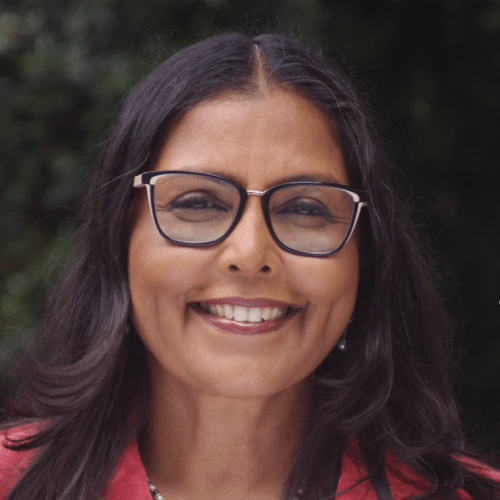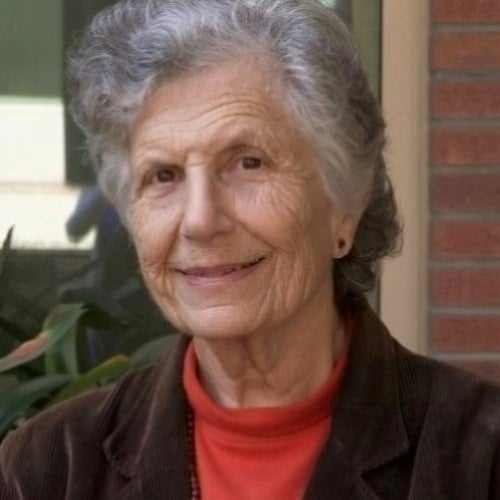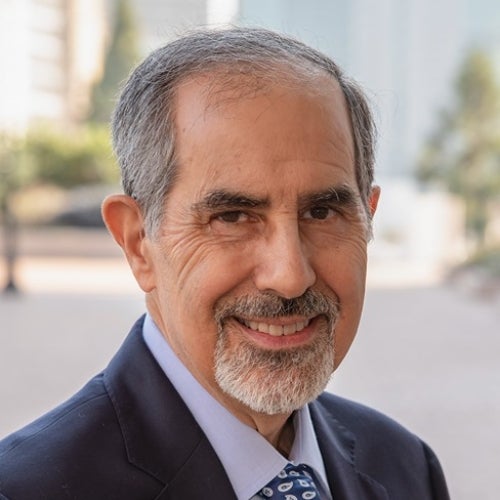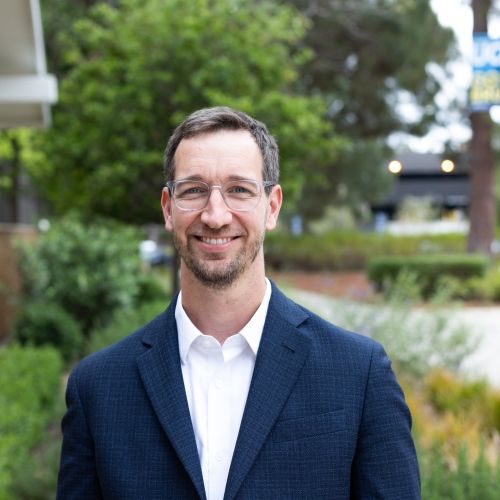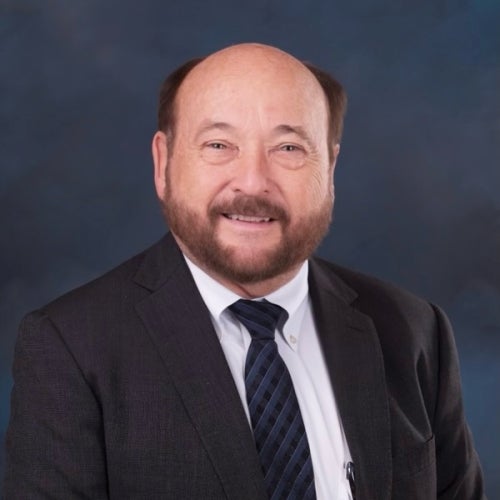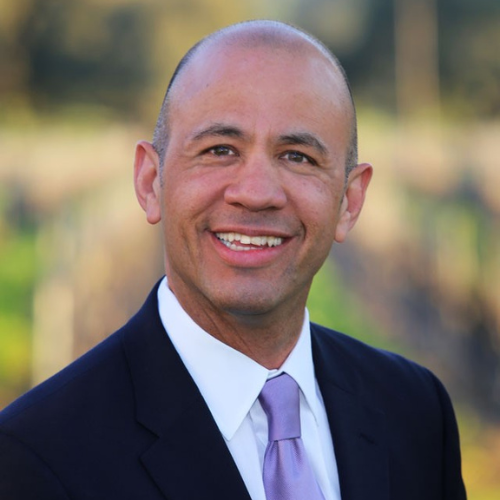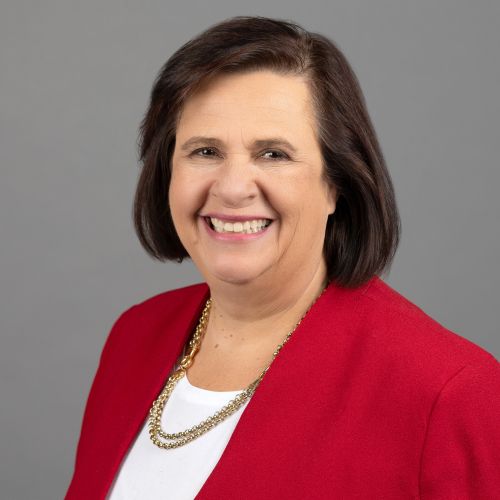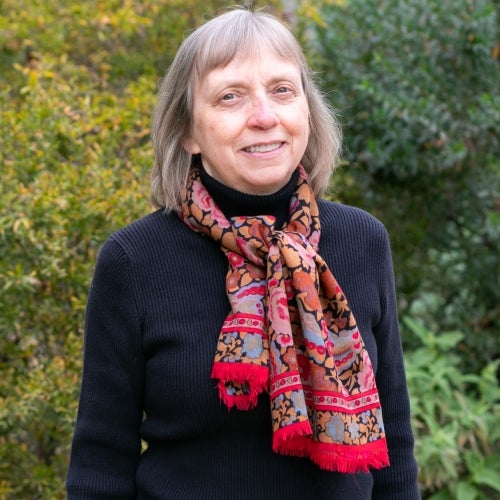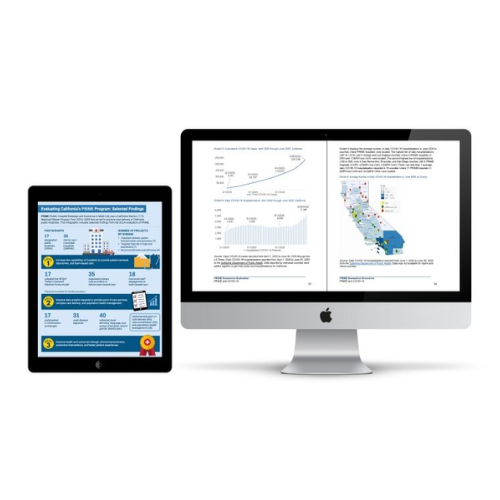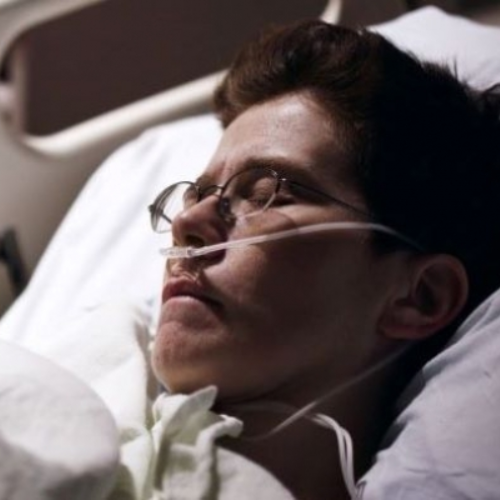Citizenship, policy barriers limit access to healthcare for some California Latino, Asian immigrants
UCLA studies, co-authored by three UCLA FSPH faculty, find those who have been undocumented experience even greater levels of unequal work conditions.

Two new studies, both co-authored by UCLA Fielding School of Public Health faculty, explore the link between citizenship status and access to health care among Latino and Asian immigrants in California. The studies are part of an on-going project led by the Fielding School's UCLA Center for Health Policy Research, the Research on Immigrant Health and State Policy Study, or RIGHTS, which analyzed the experiences of Latino and Asian immigrants in the state from 2018 to 2020.
In the first study, led by Dr. May Sudhinaraset, UCLA Fielding School of Public Health associate professor of community health sciences, researchers compared job opportunities and workplace conditions for immigrants based on whether they had ever had undocumented status.
Among immigrants who had ever been undocumented, 49.5% said they had been unable to apply for a job because of their status, compared to 21.6% of immigrants who had never been undocumented. In addition, immigrants who had ever been undocumented had significantly higher rates of:
- Settling for a job that paid less than what they deserved (47.3% compared with 29.3% for those who were never undocumented).
- Being injured at work (36.7% versus 22.1%).
- Not getting paid for hours worked (28.1% versus 14.2%).
- Being asked to perform dangerous job duties (22.1% versus 8.1%).
“Immigration status is an important factor not only in whether an individual gets hired and gains health insurance, but in terms of how they are treated at work and how that can harm their health,” said Sudhinaraset, a faculty associate at the center and lead author of the study. “Our research showed that many undocumented immigrants felt pressured to keep working while sick so they wouldn’t lose their jobs.”
The second study, co-authored by Dr. Michael Rodriguez, UCLA Fielding School of Public Health professor of community health sciences, and Dr. Nadereh Pourat, UCLA Fielding School of Public Health professor of health policy and management, examined perceptions of the so-called public charge rule among the state’s Latino and Asian immigrants, based on their immigration status — whether they were naturalized citizens, noncitizens with green cards or and noncitizens without green cards — and race. The federal government defines an immigrant who relies on specific types of public aid as a “public charge,” and that person can be denied a green card and the opportunity to become a U.S. citizen.
The researchers found that 67% of all respondents had negative perceptions and negative experiences related to the public charge rule.
The researchers also found:
- 52% of Latino immigrants had negative perceptions of the public charge policy, but not negative experiences; compared to 44% of Asian immigrants who said they had negative perceptions only.
- 26% of Latino immigrants reported having both negative perceptions and negative experiences related to the rule, compared to just 11% of Asian immigrants.
- 21% of Latino immigrants said they had neither negative perceptions nor experiences related to the public charge rule, compared with 45% of Asian immigrants.
“Some immigrants are afraid to use public aid such as health care and food programs because of the public charge rule,” said Rodriguez, a faculty associate at the center and the lead author of the second study. “Although most immigrants in the U.S. are here legally and ‘public charge’ doesn’t apply to them, this confusing policy leads them to believe they will lose their path to permanent citizenship, and as a result they forgo benefits that affect their health and well-being.”
Both studies demonstrate that restrictive immigration policies affect immigrants’ experiences in California, regardless of their legal status. The authors write that federal and other government officials could tailor policies that avoid having adverse impacts such as deterring access to health care.
The new study draws data from the 2018, 2019 and 2020 California Health Interview Surveys, which also were conducted by the center.
In fall 2021, the Center for Health Policy Research published two fact sheets on immigrants’ experiences with law and immigration enforcement and their perceptions of the immigrant experience.
by Elaiza Torralba
The UCLA Fielding School of Public Health, founded in 1961, is dedicated to enhancing the public's health by conducting innovative research, training future leaders and health professionals from diverse backgrounds, translating research into policy and practice, and serving our local communities and the communities of the nation and the world. The school has 761 students from 26 nations engaged in carrying out the vision of building healthy futures in greater Los Angeles, California, the nation and the world.
Faculty Referenced by this Article

EMPH Academic Program Director with expertise in healthcare marketing, finance, and reproductive health policy, teaching in the EMPH, MPH, MHA program

Dr. Michelle S. Keller is a health services researcher whose research focuses on the use and prescribing of high-risk medications.
Nationally recognized health services researcher and sociomedical scientist with 25+ years' experience in effectiveness and implementation research.
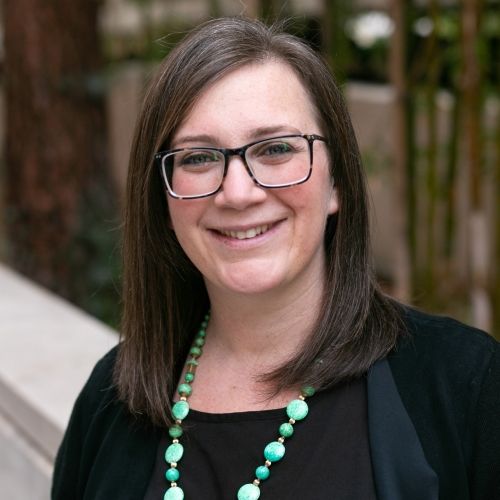
Director of Field Studies and Applied Professional Training

Professor of Community Health Sciences & Health Policy and Management, and Associate Dean for Research
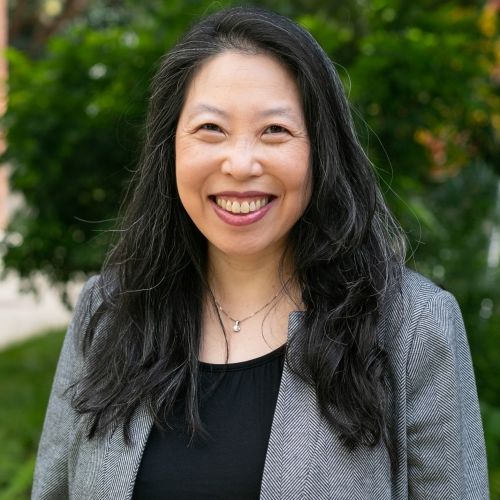
Assistant Dean for Research & Adjunct Associate Professor of Community Health Sciences

Robert J. Kim-Farley, MD, MPH, is a Professor-in-Residence with joint appointments in the Departments of Epidemiology and Community Health Sciences

Dr. Ron Andersen is the Wasserman Professor Emeritus in the UCLA Departments of Health Policy and Management.
